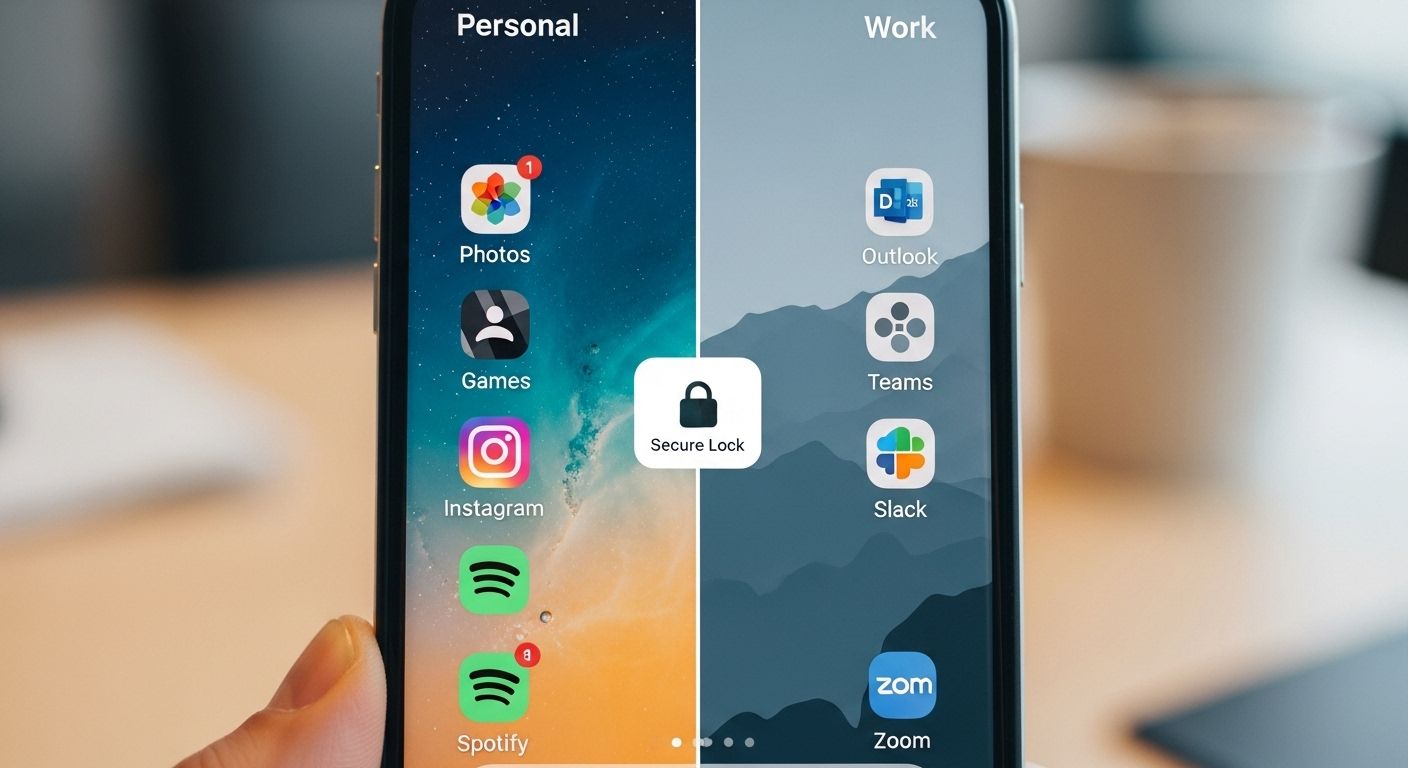
The Dangers of ‘Free’: Why Your Business Needs a Paid VPN
September 1, 2025
Beyond the Firewall: Securing Your Cloud Access
September 4, 2025How to Create a Foundational Rulebook for Your Business
Every successful organization, from the smallest startup to the largest corporation, operates with a set of foundational rules. These rules, often documented in a company handbook or a constitution, govern behavior, define expectations, and ensure smooth operations. When it comes to cybersecurity, your business network needs a similar foundational document: a network security policy.
For Small and Medium-sized Businesses (SMBs) in Houston, a network security policy is more than just a piece of paper. It’s the core rulebook that guides your team’s digital conduct, defines your security expectations, and serves as your first line of defense against a wide range of cyber threats, including accidental insider breaches and malicious external attacks. Relying on a patchwork of technical tools without a clear policy is a recipe for chaos and leaves your business vulnerable to the very threats you’re trying to prevent.
What is a Network Security Policy (and Why You Need One)?
A network security policy is a documented set of rules, procedures, and best practices that an organization implements to protect its network, systems, and data. It outlines how your Houston business will manage, operate, and secure its digital assets.
You need a network security policy because:
- It Sets Clear Expectations: A policy removes guesswork. It clearly tells employees what their responsibilities are, what is and isn’t allowed on the network, and how they should handle sensitive data. This is crucial for preventing unintentional mistakes—the most common cause of insider threats.
- It Provides a Framework for Protection: A policy is the blueprint for your security program. It ensures that your technical controls (like firewalls and antivirus) are aligned with a strategic, business-wide approach to security.
- It Facilitates Compliance: Many industry and government regulations (e.g., HIPAA, PCI DSS) require businesses to have documented security policies and procedures. A comprehensive policy helps you meet these requirements and demonstrates your commitment to protecting sensitive data.
- It Supports Incident Response: In the event of a security incident, a well-defined policy provides a clear roadmap for who is responsible for what, what steps to take, and how to communicate with affected parties.
Key Articles of Your Network’s Constitution
A comprehensive network security policy should address several key areas. Think of these as the “articles” of your network’s constitution:
- Acceptable Use Policy (AUP): This is a critical section that defines what employees can and cannot do on your network and company-issued devices. It should cover the appropriate use of email, internet access, social media, and software. The goal is to prevent activities that could introduce malware or other security risks.
- Access Control Policy: This outlines how user access is managed. It should be based on the Principle of Least Privilege, which dictates that users should only be granted the minimum level of access necessary to perform their job duties. This policy should also cover password complexity, password reuse, and the use of Multi-Factor Authentication (MFA).
- Data Handling Policy: This defines how sensitive data—including customer information, financial records, and employee PII—should be handled throughout its lifecycle, from creation to disposal. It should address data encryption, storage, sharing, and retention.
- Remote Access Policy: With the rise of remote and hybrid work in Houston, this is a non-negotiable. It should outline the rules for remote work, the use of personal devices (BYOD), and the requirements for secure connections, such as the mandatory use of a VPN.
- Physical Security Policy: This covers the physical protection of your network hardware, servers, and data. It should include rules for securing server rooms, controlling access to network equipment, and protecting devices from theft or unauthorized tampering.
- Incident Response Policy: This section outlines the steps to take in the event of a security incident. It should define roles and responsibilities, provide contact information for key personnel, and detail the procedures for containment, investigation, and recovery.
- Software and Patch Management Policy: This dictates how your business will manage software updates and security patches. It should require the timely application of patches to all operating systems and applications to address known vulnerabilities.
Creating and Implementing Your Houston SMB’s Policy: A Step-by-Step Guide
Creating a network security policy might seem like a daunting task, but you can approach it in a systematic way:
- Assess Your Risks and Identify Your Assets: Before you can write a policy, you need to understand what you’re protecting. Create an inventory of all your critical assets (e.g., servers, databases, client data) and identify the specific cyber threats and risks that are most relevant to your Houston business and industry.
- Draft Your Policy: Using the key components outlined above, begin drafting a clear, concise, and easy-to-understand policy document. Avoid overly technical jargon and focus on actionable rules and procedures.
- Communicate and Train Your Team: A policy is only as effective as its implementation. Conduct a meeting or training session to present the policy to your entire team. Explain the “why” behind the rules—how they protect the employees and the business.
- Implement Technical Controls: Put the policy into action by configuring your network devices, software, and access controls to align with your new rules. For example, if your policy requires MFA, enable it on all your critical systems.
- Review and Update Regularly: Your policy should be a living document. The threat landscape is constantly changing, so you should review and update your policy at least annually or after any significant changes to your business or IT infrastructure.
Krypto IT: Your Partner in Policy and Protection in Houston
Creating and implementing a comprehensive network security policy is a fundamental step in building a resilient cybersecurity posture for your Houston SMB. Krypto IT specializes in helping businesses like yours navigate this process, providing tailored policy templates, expert guidance on implementation, and ongoing management to ensure your network is secure from top to bottom.
Don’t let a lack of rules leave your business vulnerable.
Contact Krypto IT today for a free consultation and let us help you create the constitution your network needs to stay secure.




